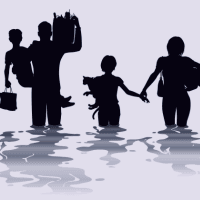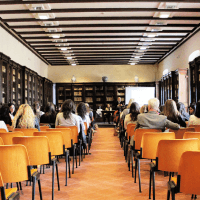As a statewide membership organization, we achieve our mission through activism, training, prevention, technical assistance, legislative advocacy, and leadership development. We promote best practices and broad-based collaboration integrating anti-oppression principles in all our work.
Welcome to our Projects and Resources section, a comprehensive hub of valuable tools, initiatives, and exclusive content. Here, you will find an array of powerful resources, toolkits, training archives, and specialized projects aimed at creating a safer, more inclusive society for everyone.
-
The Disaster Preparedness & Response Project is a collaborative effort between NYSCADV and the New York State Office of Children and Family Services to increase the capacity of first responders and domestic violence programs to prepare for and respond to survivors’ needs in the midst of a disaster.
-
NYSCADV’s Expert Witness Testimony Project supports advocates to serve as experts in domestic violence court proceedings in counties where they do not provide services.
-
New York State Coalition Against Domestic Violence Domestic's Economic Empowerment Project, is funded by a Moving Ahead Financial Empowerment Grant through the Allstate Foundation and National Network to End Domestic Violence (NNEDV). NYSCADV distributes the funding among three selected domestic violence service providers in New York State.
-
View available trainings and upcoming events limited to NYSCADV member programs and their staff. As well as some member-exclusive training archive.
* This link will redirect you to login into your Coalition Manager account. Please contact your organization leadership to setup your account if you do not already have a login.






